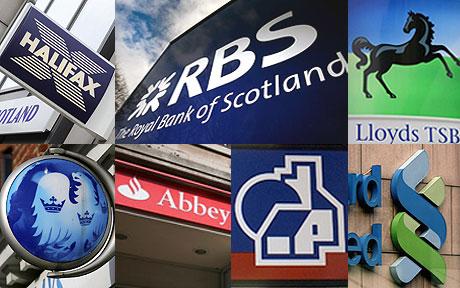
If you are looking to start a business and select a business bank, some of the following responses to frequently asked questions might be of use to you.
What makes a business bank different to a personal bank?
In some respects, perhaps very little but in others the differences may be significant.
For example, a business bank may be lending to a legal entity whereas a personal bank is usually lending to an individual. The sums involved in transactions might be much higher than is typically the case with a personal account and a business may have need of far more flexible facilities in terms of overdrafts and complicated financial products, than may be the case with personal banking.
Are some business banks better at lending than others?
It’s a rather difficult question to answer, as so much will depend upon the nature of the borrower plus the business culture of the potential lending organisation.
It’s probably true to say that generally speaking, banks have become much more reluctant lenders since the global financial crises that started towards the latter part of 2007. However, business loans may still be available for sensible propositions in certain circumstances.
Banks in general may have a reputation for being somewhat sluggish in processing business loan requests. That is why companies such as Everline and others now offer business funding services.
What is a business plan and why are business banks asking for it?
Traditionally, business banks asked for a business plan in circumstances where you were seeking a loan or other form of business capital injection.
Today, it might equally be required to support the opening of a business current account or other related facilities.
Your business plan is typically a document that outlines what your business is planning to achieve over a specified period ahead, what it needs to do so and in general, how it is planning to get there.
It is instrumental in communicating to a bank or other lender, that you understand your business and are in tight control of it. If your business is already in existence, some banks may request to see not only it but also copies of your annual accounts before advancing certain facilities and loans.
What are the costs associated with having a business banking account?
By many international standards, British banking continues to be comparatively low-cost though that might not always be a popular view in terms of street rumour!
However, the costs associated with banking can be significant, particularly in situations where you are running an overdraft. Of course, you should never run an unauthorized overdraft under any circumstances.
All banks in the UK are regulated and the regulator will insist that their charges are published and made clear in advance. You should ask to see those if they are not sent to you automatically when you apply for an account or loan.
It is also worth noting that the charges may vary substantially between one bank and another and if all other things are equal, it might make sense to shop around before you select an individual account.




